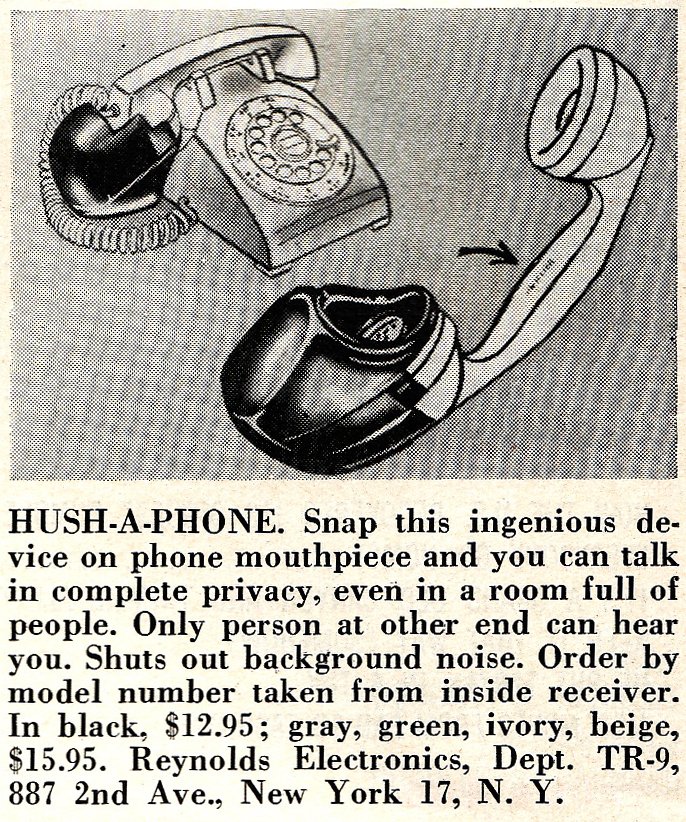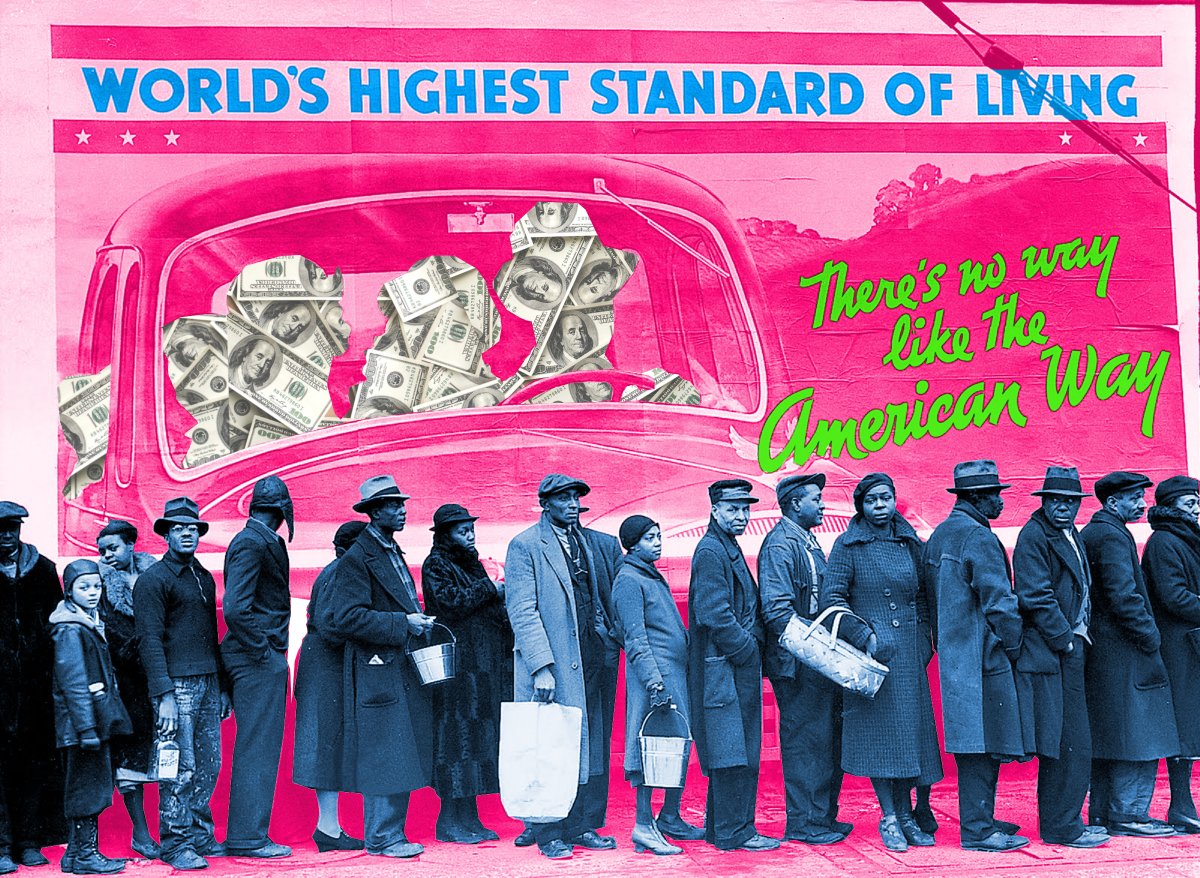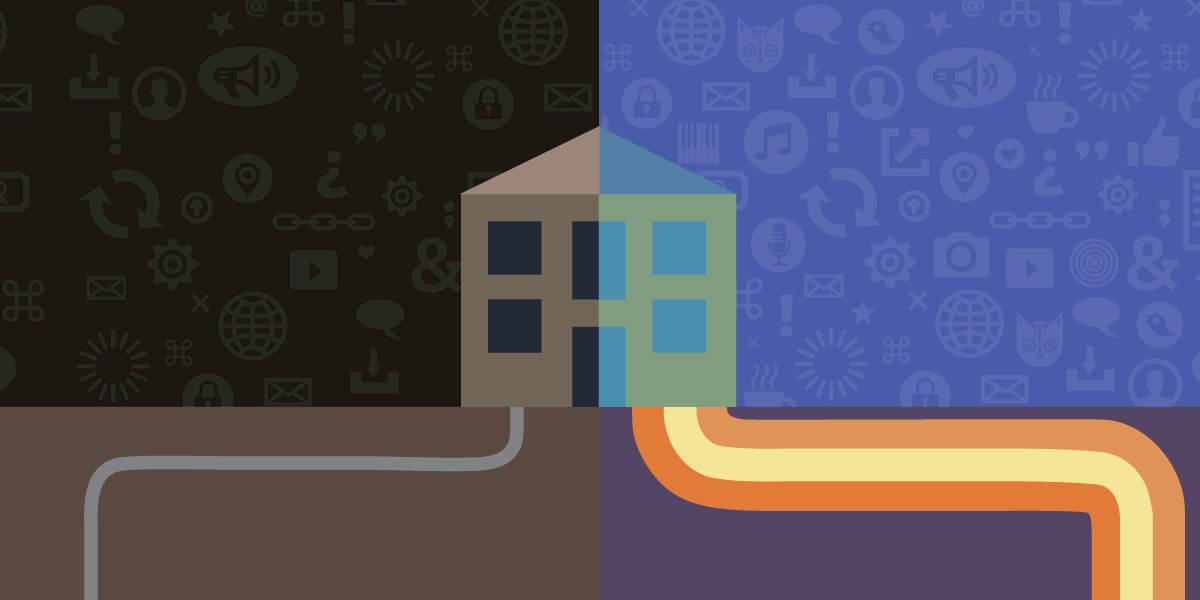2/
3/
4/
5/
6/
7/
8/
en.wikipedia.org/wiki/Hush-A-Ph…
9/

en.wikipedia.org/wiki/Carterfon…
10/

11/
12/
en.wikipedia.org/wiki/Bell_Syst…
13/
14/
15/
16/
eff.org/deeplinks/2019…
17/
18/
19/
20/
21/
mattstoller.substack.com/p/why-jeff-bez…
22/
23/
24/
25/
26/
27/
28/
29/
30/
31/
32/
craphound.com/shop
33/
34/
eff.org/deeplinks/2020…
35/
pluralistic.net/2020/08/27/cul…
36/
37/
38/
eof/






